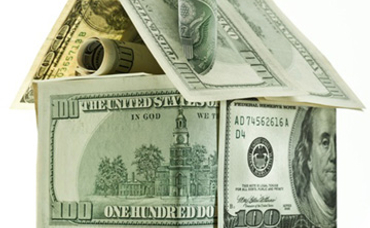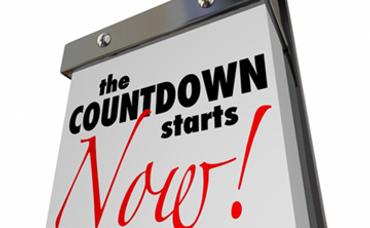Over the past couple of months, we’ve watched as the pandemic has wreaked havoc on industries such as travel, tourism, and hospitality. Many have been left to wonder if the housing market would also suffer the consequences of the spread of the coronavirus. What may surprise you is that although the market has felt the effects of the pandemic, housing prices have not plummeted. Let’s take a closer look at what’s been happening.
 Inventory down, house values up
Inventory down, house values up
According to Zillow, the number of homes on the market has decreased by about 20 percent from this time last year. However, home values have risen by 4.3 percent and the average home is valued at more than $250,000. The National Association of Realtors has also reported that although home sales plunged in April, the price of homes increased.
Demand is high, but sellers are reluctant
Data supplied by Redfin suggests that demand is rising for homes and that right now, demand is outpacing supply. When the pandemic hit, many sellers across America decided to pull their listings or they are waiting to list until the worst of the crisis has passed us and markets have stabilized. The idea of having dozens of people in and out of their homes during a pandemic seemed too risky.
Activity picking back up in hard-hit areas
The pandemic did not hit all areas of the country equally. In those locations where infection rates were high and lockdowns strict, mortgage lock activity (where lenders and borrowers agree on the interest rate for a certain period of time) plunged between 15 and 50 percent in late March and April. Since then, activity has picked up, though, in hard-hit areas where the markets took the biggest hits, the rebound is slower.
Buyers returning at a faster rate than sellers
Though some buyers left the market in March in April because of job losses or income uncertainty, they are again returning to the market. In fact, buyers are returning to the market at a faster rate than sellers. This means inventory is falling, but the home prices are not.
History can guide us
While trying to predict the future in this kind of climate is tricky at best, we can look to history to see what may happen to the market in the coming weeks and months. During previous pandemics such as SARS, housing prices held steady while transaction volume plunged. It’s also important to remember that while even though housing prices plunged during the last economic downturn, we are not in the same situation. The housing market and the easy availability of credit were the main reasons for the Great Recession. Our situation today is much different. It is more difficult to qualify for the credit, and those who are buying homes are more likely to be in a position to afford them.
The federal government’s role
It’s also important to note that the decisive action of the government has also been responsible for the market’s stability. The CARES Act provides protections for those with federally backed mortgages. Lenders are not able to foreclose on a home until June 30 at the earliest, and homeowners can request forbearance for up to 360 days.
What happens next?
While experts can make educated guesses about what will happen in the coming months, much depends on what happens with the coronavirus. Some believe urbanites will decamp for the suburbs. Available treatments or vaccines can also affect the market. Some economists believe the market will bounce back quickly, while others think a rebound may take months or years. The only thing we can say for certain is that only time will tell.


 Inventory down, house values up
Inventory down, house values up


 By submitting information, I am providing my express written consent to be contacted by representatives of this website through a live agent, artificial or prerecorded voice, and automated SMS text at my residential or cellular number, dialed manually or by autodialer, by email, and mail.
By submitting information, I am providing my express written consent to be contacted by representatives of this website through a live agent, artificial or prerecorded voice, and automated SMS text at my residential or cellular number, dialed manually or by autodialer, by email, and mail.

Dive straight into the feedback!Login below and you can start commenting using your own user instantly